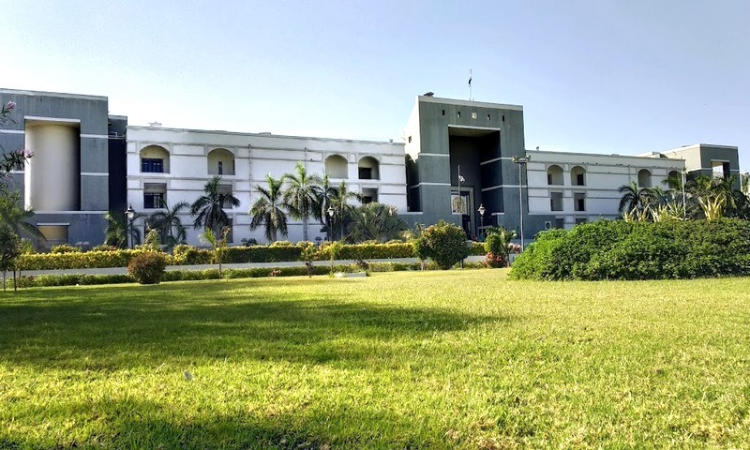Gujarat Educational Institutions Services Tribunal Can Direct Execution Of Its Orders: High Court
PRIYANKA PREET
6 Sept 2022 6:54 PM IST

Next Story
6 Sept 2022 6:54 PM IST
In a recent order, the Gujarat High Court has confirmed that while deciding applications u/s 10 of the Contempt of Courts Act 1971 for non-compliance of the order, the Gujarat Educational Institutions Services has powers under Clause 14 of the Guj. Primary Education Tribunal (Procedure) Order, 1987 to direct the execution of its orders. However, Justice Bhargav Karia explained that...
